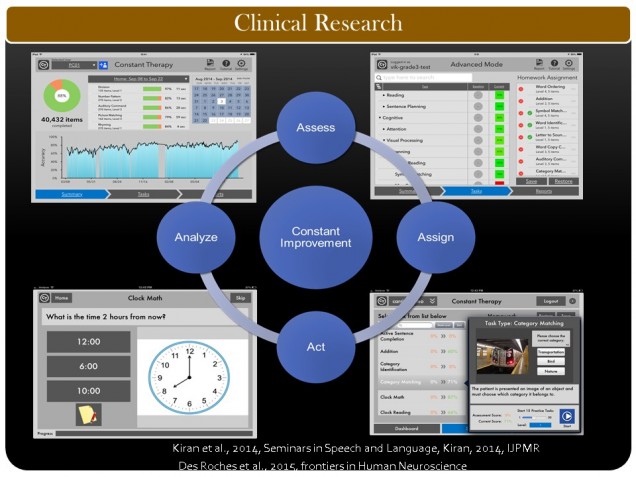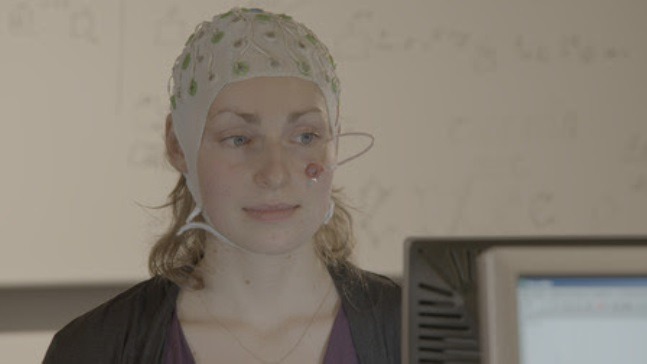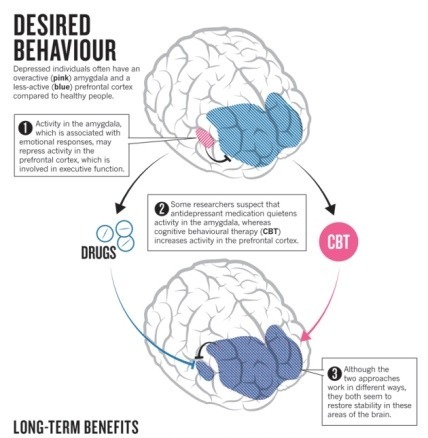Posts Tagged ‘cognitive-therapy’
Survey finds significant promise for home-based, data-rich cognitive therapy among stroke survivors
Telehealth Sees Success in Therapy (MHealth Intelligence): “Telehealth-based therapy programs for stroke survivors have helped increase cognitive and language skills and enabled patients to receive therapy five times more often, according to one company.
Read MoreAnticipating the Privacy and Informed Consent issues of the Neurotechnology Era
In conjunction with the new National Geographic program “Breakthrough: Decoding the Brain,” coming this Sunday, November 15, at 9 pm ET, I was asked to provide my perspective on a very provocative question: What if scientists were able to implant or erase memories? For some, like those suffering from PTSD this could be life-changing, or do you…
Read MoreShould Cognitive Behavioural Therapy (not antidepressant drugs) be the first-line treatment for depression?
— Depression: A change of mind (Nature): “Cognitive therapy, commonly known as cognitive behavioural therapy (CBT), aims to help people to identify and change negative, self-destructive thought patterns. And although it does not work for everyone with depression, data have been accumulating in its favour. “CBT is one of the clear success stories in psychotherapy,”…
Read MoreTop 10 recent scientific studies on the value of mindfulness in education
— More and more studies are showing the potential benefits of mindfulness practices for students –to improve physical health, psychological well-being, social skills, even academic performance in some cases– as well as for teachers and administrators –primarily to reduce stress and burnout–. To give you an update on the landscape of scientific research about the role…
Read MoreUpdate: Let’s transform brain health from “suffer-in-silence” to “let-me-take-control”
Time for our September 2014 e‑newsletter, featuring a wealth of insights and innovations reports…including four thought-provoking interviews with Sponsors of the 2014 SharpBrains Virtual Summit (October 28–30th). Enjoy! New perspectives at the frontier of Brain, Health & Innovation: Barbara Arrowsmith Young: Every kid should practice stress reduction and targeted cognitive exercises at school Michael Meagher (Cogniciti): Let’s transform brain…
Read MoreTrend: From anti-depressant “magic pills” towards targeted combination of medications and cognitive therapy
— Combination of Cognitive Therapy and Drugs Effectively Treats Severe Non-Chronic Depression (University Herald): “Previous studies showed that about two-thirds of the patients with major depressive disorder will recuperate on anti-depressant medications; about one-third of the patients will experience full remission, but half will then deteriorate before fully recovering. Cognitive therapy is as effective as…
Read More





